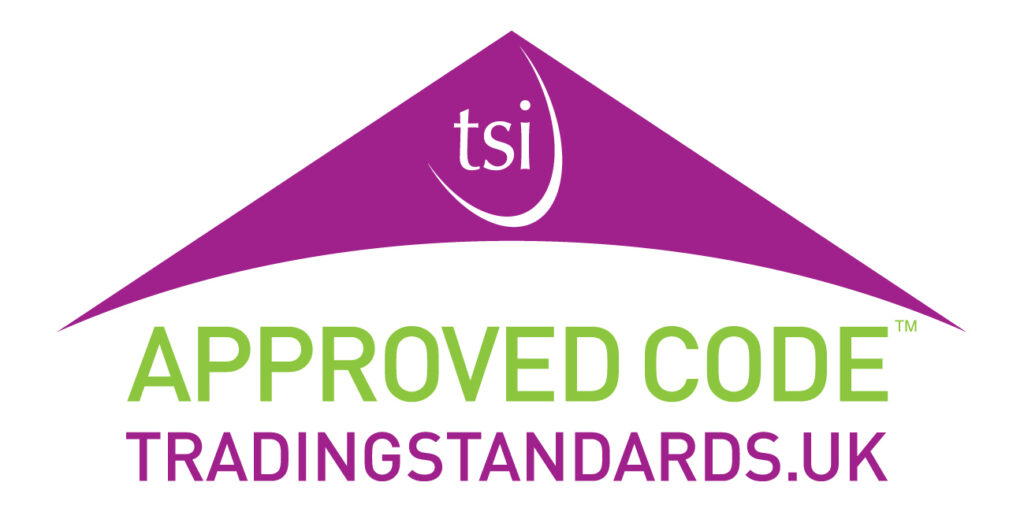Five mistakes that mean you’ll get the wrong mortgage
There are countless articles about getting the best mortgage deal, explaining how to do it right, from finding a product that meets your needs to bagging the cheapest rate.
But, in reality, there are probably half a dozen or more ‘right’ mortgages for most borrowers – all of which would be suitable, competitive and meet their needs. Below are five major mistakes that could lead you to the wrong mortgage
1. Only speak to one lender for your deal – The classic mistake made by some borrowers is to go straight to one lender when they need a mortgage- usually their banking provider.
Failing to shop around, do any research yourself or visit an adviser is the best way to end up with a deal that the rest of the market can probably wipe the floor with.
Of course, going straight to one lender isn’t a sure-fire way to get the wrong mortgage. You could be extremely lucky to find the one lender out of over 100 that happens to have a market-leading deal that meets all your needs – a bit like finding a needle in a haystack.
2. Fall marginally into an expensive LTV bracket – Look at the standard LTV tiers that lenders use: 60%, 75% and 90% of a property’s value (although some lenders have a few more tiers).Then get a good idea of what your own LTV will be, based on your deposit and the property prices you are looking at. You can do this by taking the size of mortgage you need, dividing it by the property price and multiplying by 100.
If need to borrow 60.5% of the property’s value, for example, you will not be eligible for any of the cheap deals up to 60% LTV, but you would have only missed out narrowly, by 0.5% of your property’s value. If there is any way you can muster the extra money to tip you into the preferential LTV bracket you could bag a much more competitive mortgage and save yourself a fortune.
Fall just the wrong side of a lender’s cut-off point and it could cost you dearly.
3. Believe the best buy tables – If you want to increase your chances of making a major mortgage mistake simply read the best buy tables and go for one of the deals at the top. Since they are ranked from the lowest to the highest interest rate, those that get prime position come with extremely low rates indeed.
It doesn’t mean that they are the best mortgages for you though. The lowest rates tend to come with high fees, and they are only available to those with the biggest deposits.
So you might not get over the first hurdle of being able to make a full application if you don’t meet the criteria. Even if you do, there could be better deals around that don’t have the screaming low headline rates but work out cheaper once you take the arrangement, valuation and legal fees into account.
Shop around, or ask our IN-HOUSE BROKER
4. Ignore your own personal circumstances – Many borrowers are keen to get THE BEST MORTGAGE and they think it’s a cop out when experts tell them there isn’t one. But there really isn’t one. Not so long ago, for example, term tracker mortgages were de rigeur because they were cheaper than fixes, plus with interest rates expected to stay low, they didn’t present too much risk.
But for a family that absolutely cannot risk a rise in their repayments, trackers may not be as suitable as a fixed rate, no matter what the papers say. The so-called best deals change all the time anyway. In the current market, five-year fixes are all the rage, and they do offer serious value for money. But if you don’t want to commit to your mortgage rate for five years, a more flexible deal will be better suited to your needs, because five-year fixes come with steep early repayment charges if you need to get out.
In other words, borrowers with very different circumstances will find that different mortgages are the best for them. Ignore your own personal circumstances and follow the mortgage crowd at your peril.
5. Forget to read the small print – Mortgage small print can be complex, boring and long. But it is important, particularly the Key Facts about your Mortgage document. Read it cover to cover, more than once, make sure you understand it. If you don’t, ask your lender or mortgage adviser to explain it to you.
Know what your repayments will be, initially and at the end of any deal. Can they rise in line with interest rates, and by how much? How much is your mortgage fee? When is it payable and is any of it non-refundable if the deal falls through? Does the lender impose a Higher Lending Charge? It might sound like jargon but it can cost you dearly. If you choose your own surveyor, do you still have to pay the lender for a valuation from a firm they approve of?






